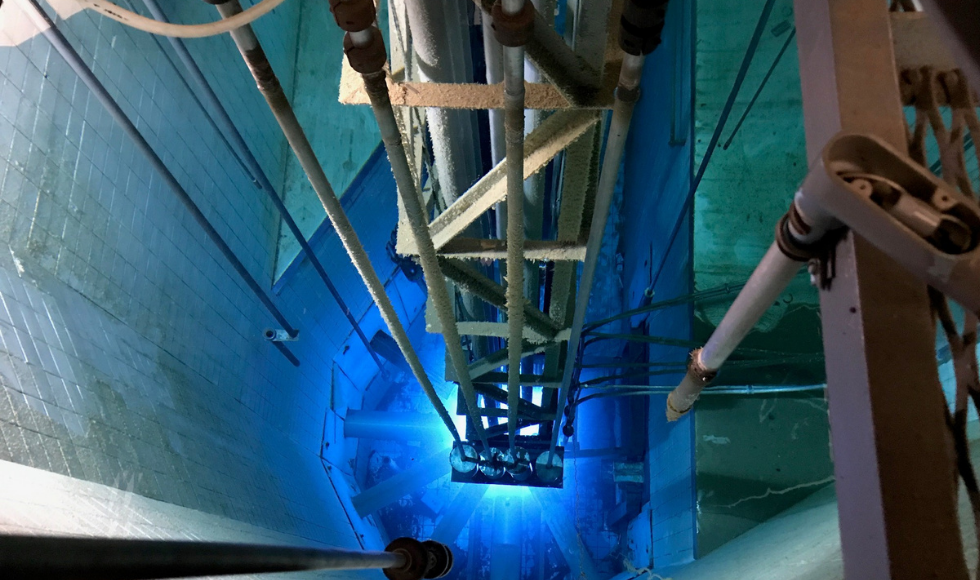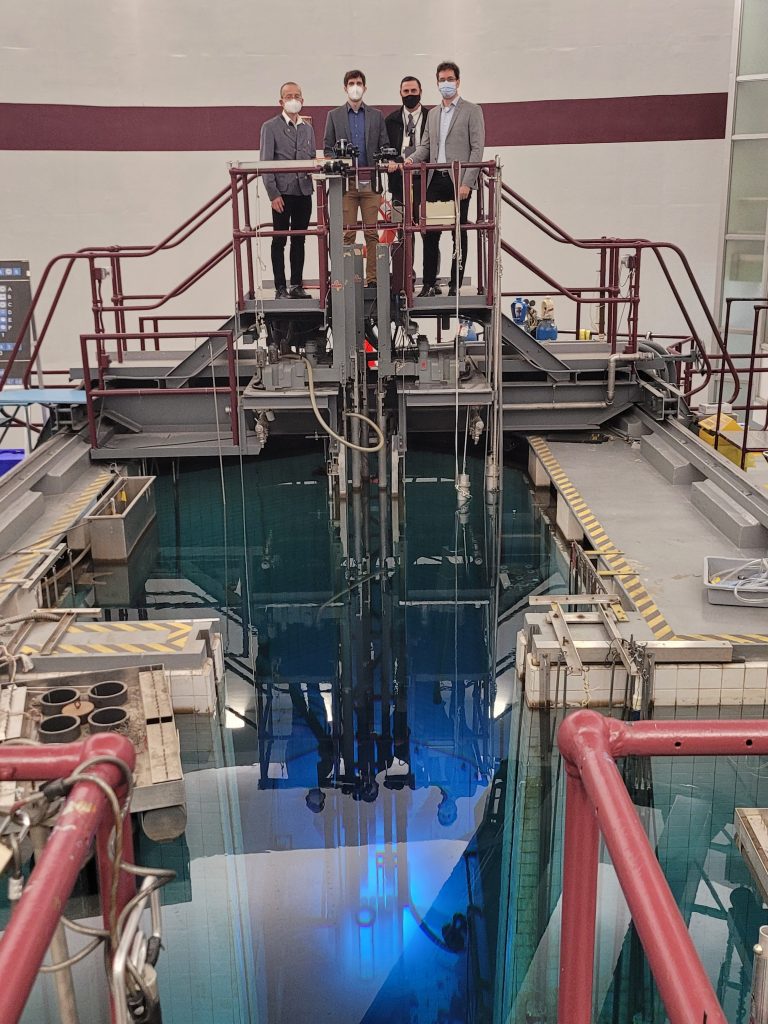Nuclear research and education at the core of new international collaboration

McMaster University and the Technical University of Munich (TUM) have signed a Strategic Partnership Agreement to advance nuclear research and education at both institutions.
BY Lori Dillon
November 1, 2021
McMaster University and the Technical University of Munich (TUM) have signed a Strategic Partnership Agreement to advance nuclear research and education at both institutions.
It’s the first step in what promises to be a long-standing and dynamic collaboration between the two universities; each highly regarded for its unique nuclear capabilities and programs, says Dave Tucker, McMaster’s assistant vice-president, research (nuclear).
“Individually, we’re each recognized as academic and research leaders in nuclear,” says Tucker. “Collectively, we have the talent and infrastructure to advance nuclear research, education and training on a global scale. This agreement provides the framework to enable us to combine our strengths in a meaningful way.”

While the discussions have been on-going for the past several months, it was only recently that the TUM delegation was able to visit McMaster, meet with its experts and tour its world-class suite of nuclear facilities.
Tucker says that having the research and operations teams together – in person, over two days – allowed them to identify key early deliverables and longer-term areas for developing collaborations in a few strategic priority areas: radiopharmaceuticals, materials research, clean energy, nuclear safety and policy development.
McMaster’s President, David Farrar, says the strength of the partnership is rooted in the institutions’ shared values and similar approaches to research and education.
“We’re like-minded on so many fronts,” says Farrar. “Equally as exciting as the research and development efforts, are the opportunities for student engagement, and our collective ability to mobilize our knowledge to advance society.”
Germany’s Consul General in Toronto, Thomas Schultze, and Klaus Schindel, science counsellor at the German Embassy in Ottawa, were both on hand to mark the signing as part of the 50th anniversary of the Canada-German Science and Technology Agreement.
“Germany and Canada have a long history of scientific cooperation and it is in this proud, half-century long tradition that we are gathered here today to sign a Strategic Partnership Agreement between McMaster University and TU Munich,” said Schultze.
“I look forward to the way this will contribute to academic mobility between your universities and further enhance the fruitful scientific cooperation between Canada and Germany.”


